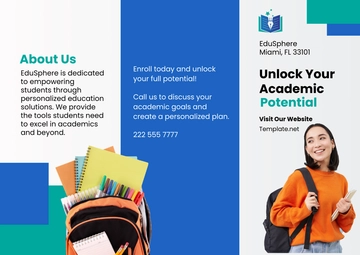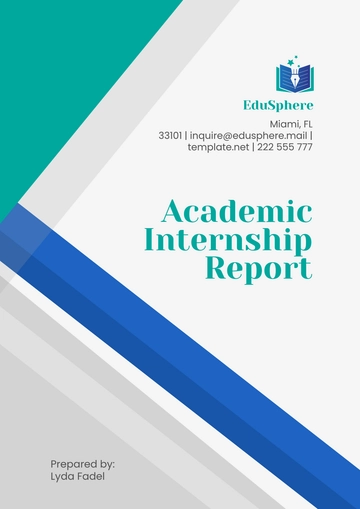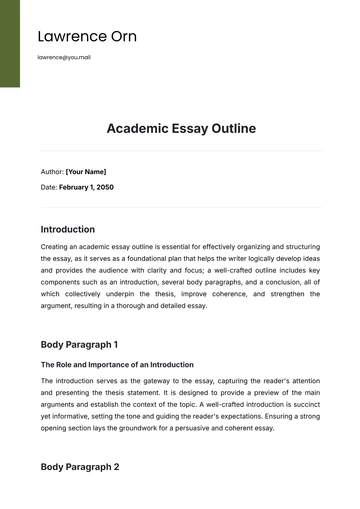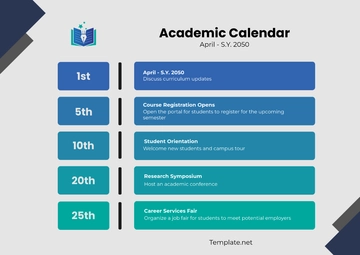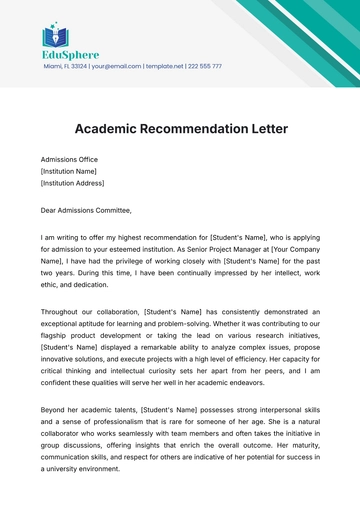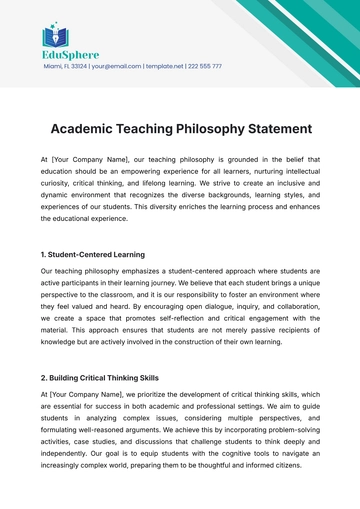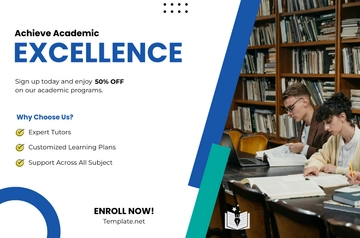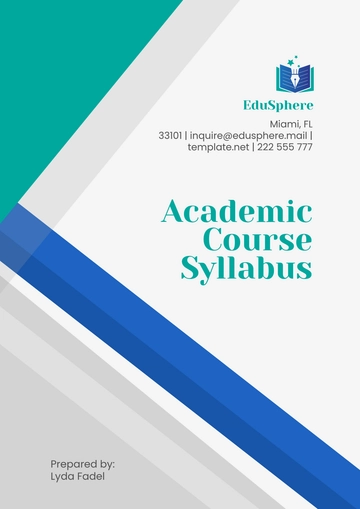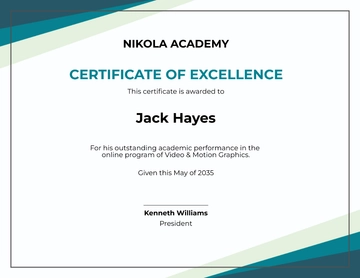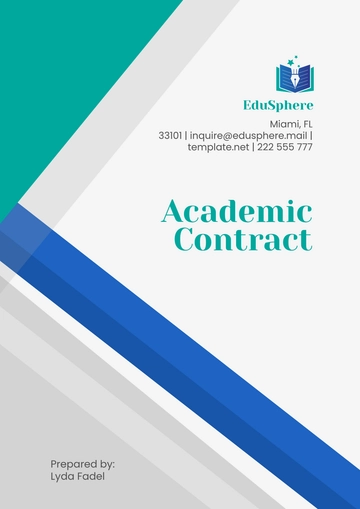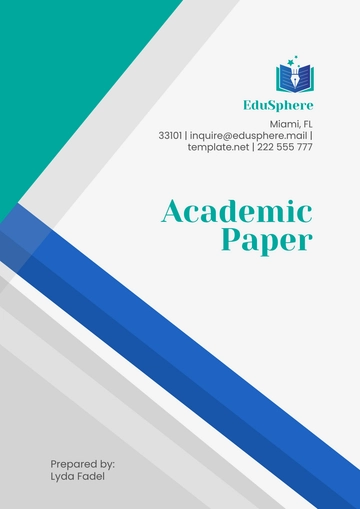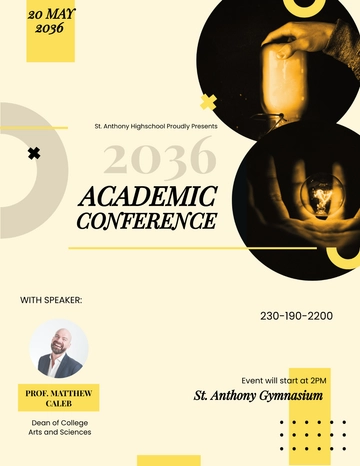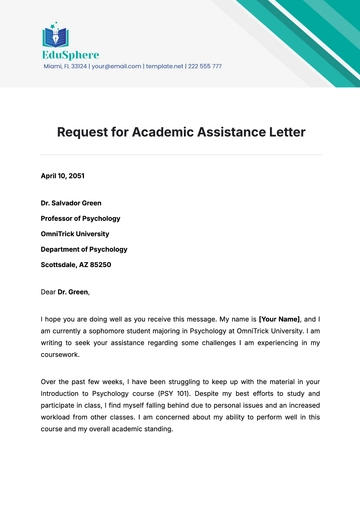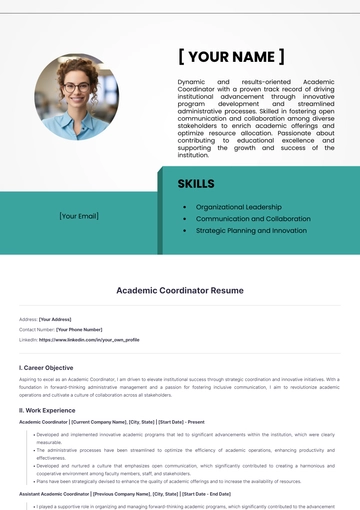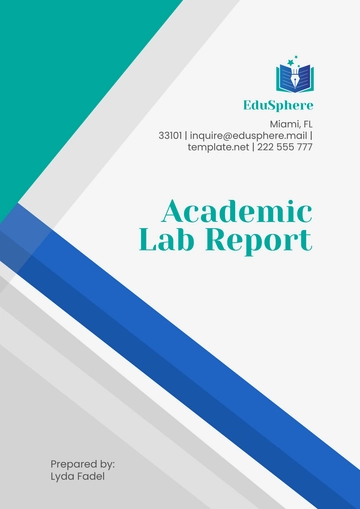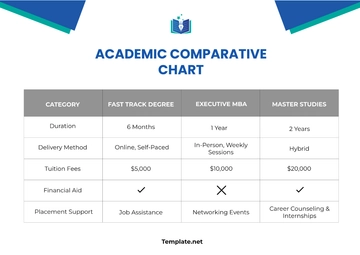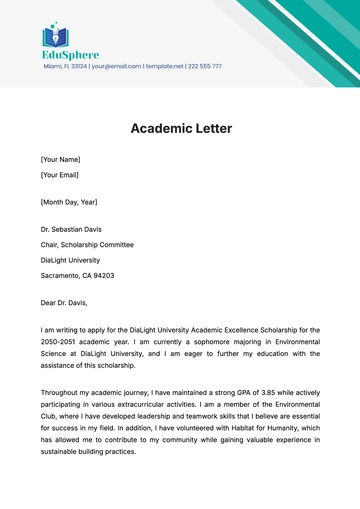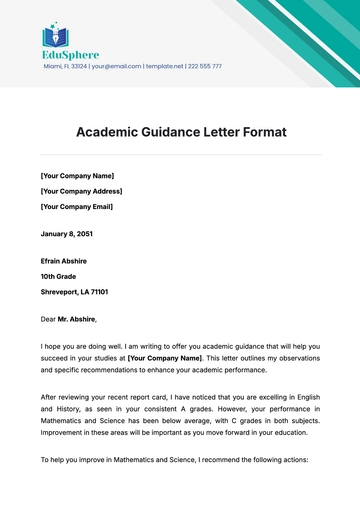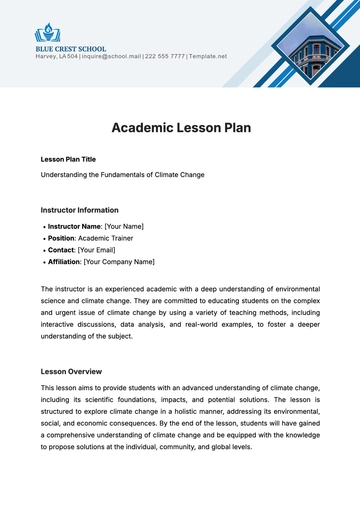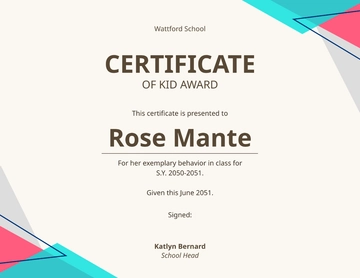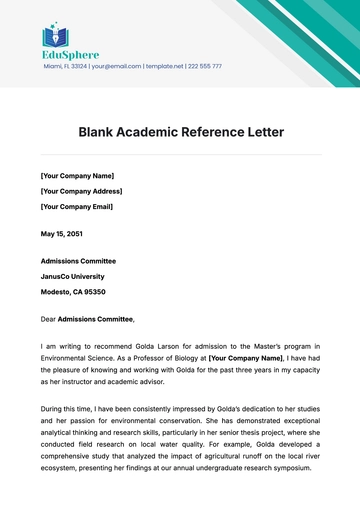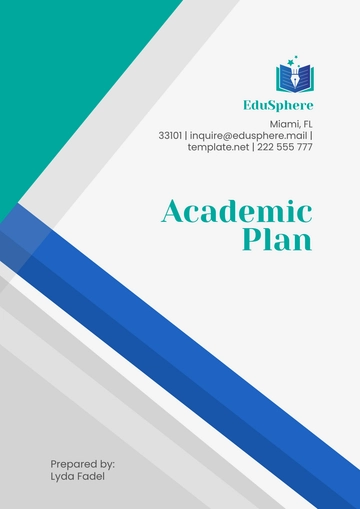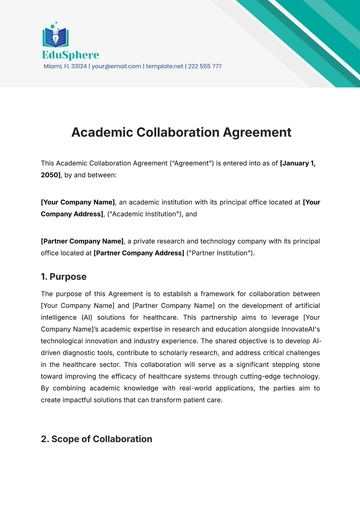Free Academic Thesis

I. Introduction
This academic thesis explores the intersection of technology, innovation, and education in the context of remote learning. It examines the evolving landscape of online education, the challenges it presents, and how technological advances are shaping the future of learning. The findings offer valuable insights for educators, policymakers, and students alike.
II. Research Objectives
The primary objectives of this research are to:
Assess the impact of technological innovations on remote learning.
Investigate challenges faced by educators and students in virtual learning environments.
Propose actionable solutions to improve online education systems.
Evaluate the future potential of remote learning technologies.
III. Methodology
The research methodology employed is a combination of qualitative and quantitative techniques. A survey was conducted with 500 participants from various universities worldwide to understand the challenges and benefits of remote learning. Interviews with 20 education professionals provided further insights into the industry. Additionally, a review of recent literature on the topic was undertaken to support the findings.
Survey Participants:
500 students from different disciplines
20 educators and administrators
Online platforms surveyed for technological trends
IV. Results and Findings
Technology Adoption in Remote Learning
The research findings show a marked increase in the use of digital tools and platforms for education. According to the survey conducted on March 25, 2050, 85% of respondents indicated they used learning management systems (LMS) regularly. Moreover, 72% of educators reported that technology had significantly improved student engagement in their courses.
Table 1: Technology Usage in Remote Education
Technology Tool | Usage Percentage | Student Satisfaction | Educator Satisfaction | Frequency of Use |
|---|---|---|---|---|
Learning Management System (LMS) | 85% | 78% | 74% | Daily |
Video Conferencing | 90% | 80% | 68% | Weekly |
Collaboration Tools | 75% | 70% | 60% | Weekly |
Virtual Labs | 60% | 65% | 58% | Monthly |
V. Discussion
Benefits of Remote Learning Technologies
The adoption of technologies such as LMS and video conferencing has led to increased accessibility for students globally. These tools have been instrumental in maintaining continuity during disruptions like the global pandemic. Furthermore, the integration of artificial intelligence (AI) in education has tailored learning experiences, making them more personalized and adaptive.
Challenges Faced by Educators
Despite the advantages, educators have faced significant challenges. 60% of surveyed teachers noted issues with student participation, with some students expressing frustration over the lack of personal interaction. Additionally, the digital divide, particularly in rural and underdeveloped regions, remains a persistent issue, as not all students have access to high-speed internet or modern devices.
VI. Conclusion
In conclusion, while remote learning technologies have proven to be effective in enhancing access to education, they are not without their limitations. As we move forward, it is essential that both technology developers and educators work together to create more inclusive, engaging, and effective learning environments. Further research should be conducted to explore innovative solutions to overcome the challenges identified in this study.
Prepared by: [YOUR NAME]
Email: [YOUR EMAIL]
- 100% Customizable, free editor
- Access 1 Million+ Templates, photo’s & graphics
- Download or share as a template
- Click and replace photos, graphics, text, backgrounds
- Resize, crop, AI write & more
- Access advanced editor
Create professional and polished academic theses effortlessly with Template.net’s fully customizable and editable Academic Thesis Template. Designed for precision and ease, this template integrates seamlessly with our AI Editor Tool, enabling quick adjustments to suit your requirements. Perfect for students and researchers, this template ensures high-quality formatting while saving you valuable time and effort.
